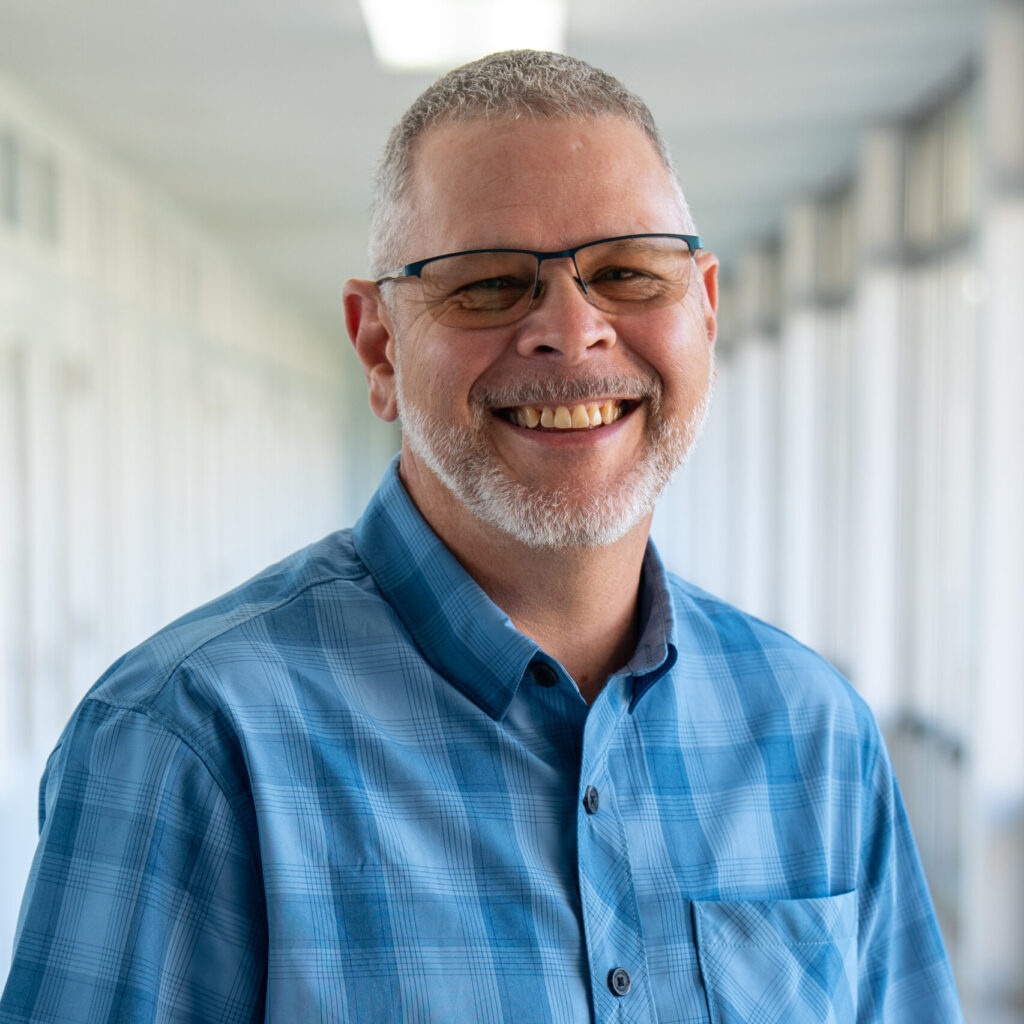
Dr. Backhuus earned his Ph.D. in “Counseling Education and Supervision” from Regent University, Virginia Beach, VA. He is a “Licensed Independent Mental Health Practitioner” (LPC) in the state of Nebraska and has been professionally licensed since 2002. He currently works for “One Mission Society,” Greenwood, IN Indiana as the “Missionary Care Director” for the USA signatory. Besides his current work in missionary care, Dr. Backhuus has worked in a psychiatric hospital and counseled troubled adolescents and their families. He specializes in areas that involve emotional dysfunction. In the past, he has counseled many couples with a focus on forgiveness and reconciliation. He is currently interested in how married couples who are international workers manage a crisis. Another area of interest is in learning the effects of emotion coaching on adolescence. He has done several presentations including team strategies for conflict resolution, managing marriage in an international field, the differences between the DSM IV and the DSM 5, and many more. The greatest pleasure of teaching counseling students is seeing a student take on the challenge of developing from a lay helper to a professional counselor.
Dr. Backhuus adheres to a philosophy of teaching that is high on challenging students to use critical thinking skills. As these skills are developed and sharpened, students should be able to think and adapt to the changing professional counseling field allowing the student to have a long successful counseling career. Other forms of learning are in-class discussion, lecture, reading, and writing. In-class discussion is a must for this generation of learners. Because we can learn from each other’s worldviews, discussion is a key element for learning. Lecture is a good method for relating a lot of information but students need to be active participates if learning is to happen. Reading is a major component for a student to learn extensively over a certain topic. A student cannot expect to learn everything about a subject from class alone; he/she must read and come to class prepared to discuss what they have learned from studying the texts. Writing, like reading, is another major component to learning. It is one thing to read and mentally process a topic from a book. Higher levels of learning require students to take those mental processes of learning and communicate to others through writing. Higher level writing skills will show a student’s professionalism and ability to function in a clinical setting. Building relationships with students is important for the learning environment. When a professor is relational, students are more willing to learn and open to endure and undertake new challenges if they know that professor is genuine, respect him/her, and simply like their professor as a person. A student should struggle through uniquely formulated meanings about challenging ideas and concepts related to the course objectives. Students are challenged through lecture, in class discussion and debate (small and large group discussion), and individual learning experiences in and outside of class time (such as but not limited to reading pertinent research and books, writing reflection papers utilizing critical thinking, writing literature reviews, exams, etc.).
The professional counselor must continually be developing their skill and identity as a counselor. That development comes from a constant study of counseling research. For the Christian counselor, research is an integration of faith and learning by identifying the contributions of research to the field. This approach flourishes in the Christian counselor’s worldview and fosters an awareness and curiosity of issues related to the scientific approach and knowledge.
Spiritual and theological integration is a key component for Christian leaders within the counseling sphere. Students should have an understanding of spiritual and theological issues in counseling to assist them in being a leading voice in both the Christian and secular counseling worlds. The development of Biblical and Christian thought into one’s counseling offers a holistic style of counseling for future practice. Integration introduces a unique task of challenging students to a new understanding into their worldview. This challenge is more than altering or broadening a student’s worldview but instead turns the focus back on the meaning of worldview, to truly know what is “worldview.” The role of the counseling professor guides and leads the student from their traditional understanding of worldview, a flat, two-dimensional viewpoint to a three dimensional view with the added element of depth. Depth presents the spiritual and theological component that has been missing in many students’ worldviews.